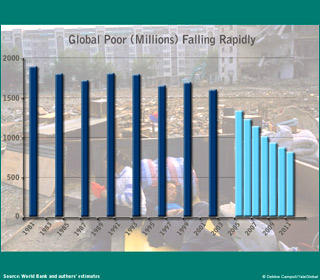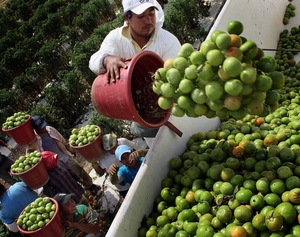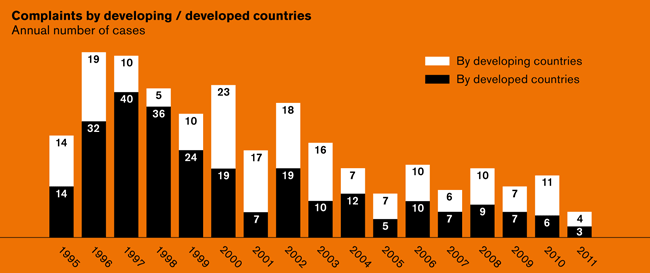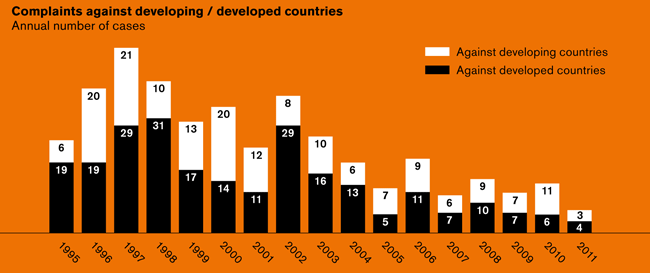Do free trade and globalization have a positive impact on growth, wages and employment? Or do they adversely impact jobs, growth and local employment? I came across a blogpost in NYT's Economix that addressed this issue.
The blogpost summarizes the views on the negative impact of globalization and free trade on wages and unemployment.
"For decades, economists resisted the conclusion that trade – for all of its many benefits — has also played a significant role in job loss and the stagnation of middle-class incomes in the United States. As recently as 2008, for instance, Robert Lawrence of Harvard, one of the country’s most respected trade experts, concluded that trade explained only a small share of growing income inequality and labor market displacement in the United States....
One reason that economists may be uncomfortable talking about trade’s impact on jobs and wages may be concern that it could set off protectionist responses. And economists are right that expanded trade has certainly been good for the United States. It has brought us better and cheaper consumer goods, opened new export markets, lifted up many poor countries and strengthened American alliances around the world."
Citing studies that confirmed that growth in the U.S. was not taking place in sectors that were involved in trade, regions that faced competition from Chinese competition had higher unemployment and companies that were headquartered in the U.S. provided more jobs abroad than in the U.S. the post concludes that with growing markets in other countries trade should provide a boost to increasing opportunities and wages back in the U.S. A more critical analysis of free trade is found here which argues that the realities of trade in the renewable energy sector, especially solar, should necessitate protection in terms of increased State intervention.
Can we afford to ignore the principles of reduced barriers to trade in today's multilateral trade world? Though it may have a benefit, does it not have a huge cost too? What should the attitudes of countries be in the context of growing domestic pressures to increase trade barriers? While globalizing and reducing barriers may not be politically feasible, is it also economically unfeasible?










